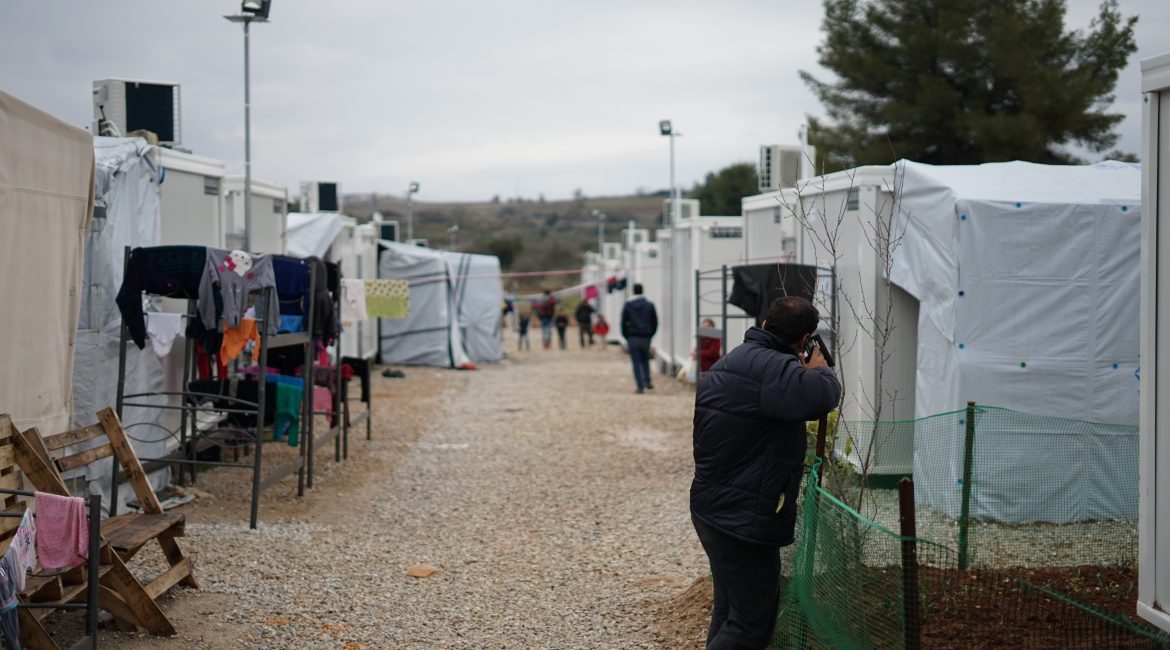The World Food Program said in a recent statement that the "unprecedented funding crisis in Syria" forced it to reduce its aid to about 2.5 million people in Idlib camps, after it was providing it to about 5.5 million people who depend on the assistance provided by the UN agency for their basic food needs.
Humanitarian local activists instantly reacted and said that “Instead of increasing aid or even maintaining the same level to keep pace with the growing needs, we are faced with a grim spectacle of aid being taken away from people when they need it most”. They also qualified the WFP intention as “unfair and irresponsible” and predicted that the decision will lead to a real catastrophe: famine may affect hundreds of thousands of Syrian families, especially those displaced from their regions and residing in camps that lack the most basic necessities of life, with no job opportunities to secure food and medicine.
Most of the displaced families in northwestern Syria suffer from poverty and helplessness. Thousands of families are either disabled, injured, or seriously ill, and these families need permanent assistance, pending a comprehensive political solution to the Syrian issue
On the other hand, people in the centers for victims of the devastating February earthquake lives in a state of extreme fear and anxiety that the decision of the World Food Program will affect thousands of poor families residing there, after the earthquake destroyed their homes. They said that the WFP to stop food aid starting from next July means the beginning of a real catastrophe and famine that may affect hundreds of thousands of poor families, especially the displaced who depend mainly for their food and livelihood on the humanitarian provisions that they get from the partner organizations of the international program.
Meanwhile, responsible local authorities and humanitarian organizations in northwestern Syria issued warnings of widespread poverty and its rise to dangerous levels among the displaced and poor families, which could lead to famine and a humanitarian catastrophe. The "Syria Response Coordinators" organization, which is concerned with humanitarian affairs in northwestern Syria, said in a statement that WFP has begun procedures to remove more than 2.5 million beneficiaries in Syria from food aid, starting next July. In the event of not obtaining sufficient financing after the program deficit reached 98.9 percent, the program will also increase the time period for providing aid from one month to more than 40 days in the event that the deficit continues to finance its operations during the next period.
The decision of the World Food Program will have very negative effects and consequences and will deepen the tragedy of the Syrians, especially for the displaced families, and this may threaten food security in an area inhabited by nearly six million people. More than half of them are displaced Syrians who depend mainly on food baskets provided by the international partner organizations of the World Food Program for their livelihood.

